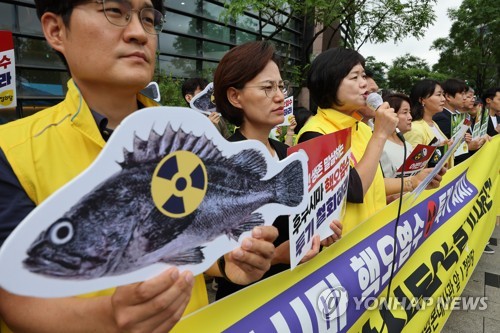America Steps Back: No More Mediation in Ukraine War- In a significant realignment of its diplomatic strategy, the United States has announced it will no longer serve as a direct mediator in peace talks between Ukraine and Russia. This marks a notable change in Washington’s role in the conflict that has gripped Eastern Europe for over two years. State Department spokesperson Tammy Bruce stated that the U.S. is shifting its approach to the conflict, opting for a new strategy in how it contributes to peace efforts, The U.S. is “changing the methodology of how we contribute,” indicating a shift from hands-on negotiation efforts toward a more passive, supportive stance.
The decision comes amid growing frustration within U.S. foreign policy circles over stalled peace efforts and a lack of tangible progress in diplomatic engagements. Bruce emphasized that the United States will no longer “fly around the world at the drop of a hat” for negotiations that show little sign of success. Instead, Washington will now encourage Ukraine and Russia to take the lead in outlining concrete, realistic proposals to end the war.
This move reflects not only a shift in priorities, but also a broader recognition that the current format of peace talks—often brokered or heavily facilitated by Western powers—has failed to bring about a sustainable resolution. By stepping back, the U.S. is hoping to foster greater accountability and initiative from the two nations directly involved in the conflict.
The decision has already stirred international reactions. Ukrainian President Volodymyr Zelenskyy responded firmly, reiterating that no peace agreement should be made without Ukraine’s full participation. “We will not accept any deal forged behind our backs,” Zelenskyy said during a recent address. His remarks underscore ongoing concerns in Kyiv that any external negotiations—particularly those involving concessions to Moscow—could undermine Ukrainian sovereignty and territorial integrity.
The timing of Washington’s announcement is also crucial. It comes just days after Russia rejected a U.S.-backed peace framework that included controversial elements such as a phased ceasefire and potential recognition of Russian control over Crimea—an offer that Kyiv has vehemently opposed from the start. Meanwhile, Russia’s own declarations of a temporary ceasefire around Victory Day were widely viewed as symbolic and insufficient to halt ongoing hostilities.
Despite withdrawing from direct mediation, the U.S. is not abandoning Ukraine altogether. On the contrary, it continues to support the country through military aid, humanitarian assistance, and a new economic deal focused on critical minerals. Under a recently signed agreement, the U.S. and Ukraine will collaborate on the development of Ukraine’s rich deposits of lithium and titanium, seen as vital to the clean energy transition and defense manufacturing. The agreement also includes the establishment of a reconstruction fund to help rebuild war-torn regions.
Critics warn that the U.S. stepping back from diplomacy may weaken its influence at a pivotal moment in the conflict. With European nations also facing challenges in brokering peace, there’s concern the war could drag on indefinitely, with little motivation on either side to seek compromise. However, some see the move as a necessary correction. “The U.S. can’t play the only adult in the room forever,” said a former diplomat. “It’s time Ukraine and Russia take ownership of the peace process.”
In essence, the U.S. shift signals a recalibration rather than a retreat. Washington is still deeply engaged in supporting Ukraine’s defense and post-war recovery, but it is no longer willing to invest diplomatic capital in talks that lack momentum. The hope now is that a less Western-centric approach will encourage more meaningful progress toward a negotiated settlement—however distant that outcome may appear today.
How do you think this shift in U.S. strategy will affect the broader geopolitical balance in the region?
Why Rockstar Just Delayed GTA VI — And Why It Might Be Worth the Wait | Maya




